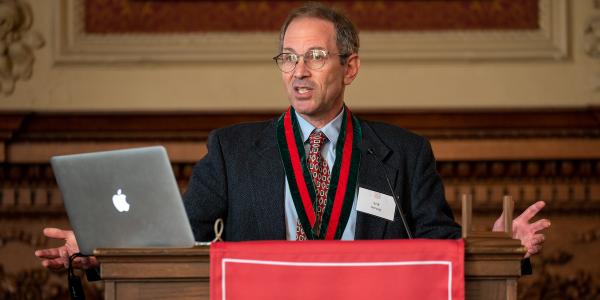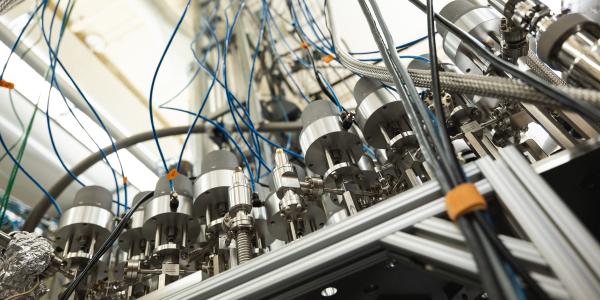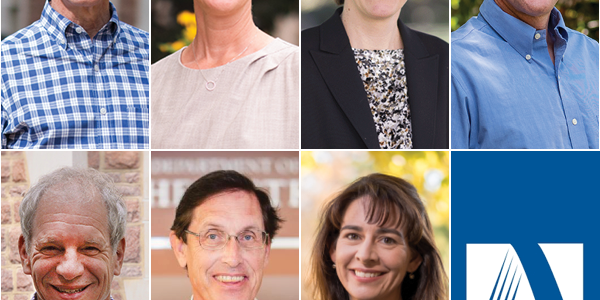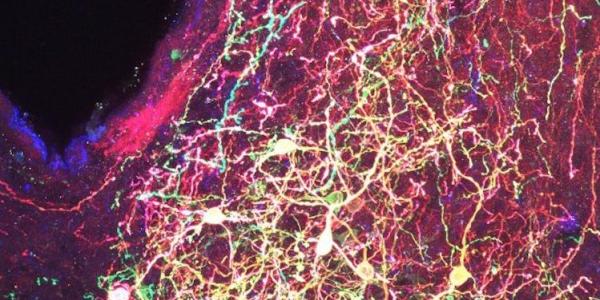https://biology.wustl.edu/xml/faculty_staff/12043/rss.xml
Professor Herzog's laboratory studies the cellular and molecular basis of circadian rhythms in mammals. His group uses techniques that include planar electrode arrays, cellular imaging, and genetic manipulations.
Biological clocks that drive near 24-hour rhythms in behavior and physiology have been found in a wide variety of organisms and cell types.
The
Herzog Lab studies the cellular and molecular basis of these circadian rhythms in mammals using techniques that include planar electrode arrays, cellular imaging and genetic manipulations (i.e. mutants, knockouts, and transgenics). This approach is producing insight into the roles of specific molecules, cells, and tissues in the rich repertoire of daily behaviors. In mammals, the suprachiasmatic nucleus (SCN) of the hypothalamus is the master circadian pacemaker. This brain region continues to keep daily time when cultured. We are now asking which cells generate this rhymicity, how do they synchronize to one another, and what makes them unique in their ability to keep time?
recent courses
Biological Clocks
Biological clocks are the endogenous oscillators that coordinate physiological and behavioral rhythms in nearly all organisms. This course examines how these rhythms are generated and regulated. The material includes molecular, cellular and systems physiology and the relevance of biological timing to ecology and health in everything from protozoans to plants to people.
Clocksclub
Clocksclub focuses on recent advances in the study of biological timing including sleep and circadian rhythms. Participants discuss new publications and data on the molecules, cells and circuits underlying daily rhythms and their synchronization to the local environment. Students registered for this journal club will lead a discussion once during the semester.
Cellular Neurobiology
This course will present a fully integrated overview of nerve cell structure, function and development at the molecular and cellular level. Broad topics to be covered include gene structure and regulation in the nervous system, quantitative analysis of voltage- and chemically-gated ion channels, presynaptic and postsynaptic mechanisms of chemical neurotransmission, sensory transduction, neurogenesis and migration, axon guidance and synapse formation.
From our podcast:
Circadian Rhythms
Erik Herzog explains how the brain's "master clock" works and how genetics can influence our daily biological rhythms.
How to Create a Neuroscience Pipeline
Erik Herzog shares some of his outreach efforts to support and encourage younger neuroscience researchers.





